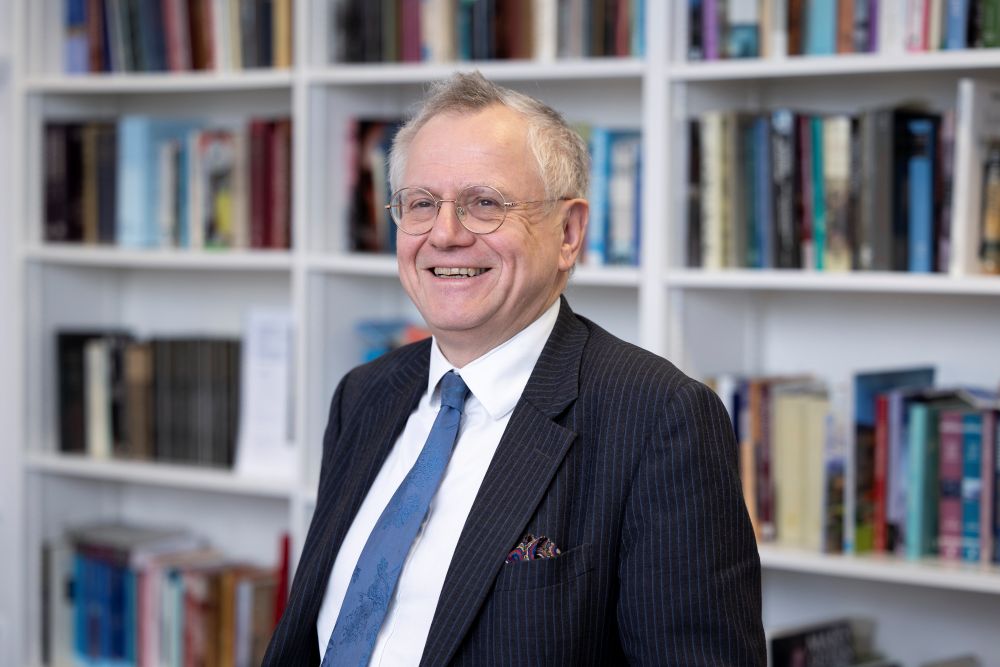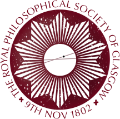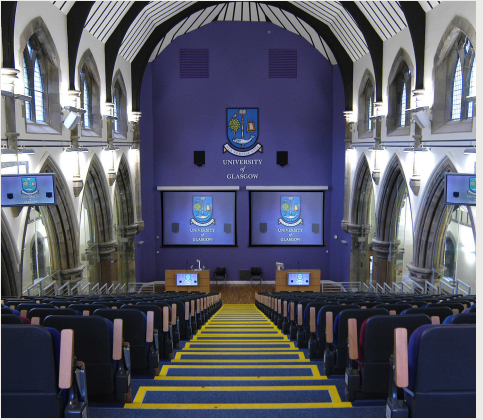
Murray’s academic work in the words of a recent UK Research and Innovation report is ‘world-leading and field-defining’, reflected in some 30 books: most recently, Scotland: the Global History. His research has been published or discussed in Braille, Catalan, French, Gaelic, German, Hebrew, Italian, Mandarin, Portuguese and Slovak. He is currently (2023-26) co-investigator on the £6.25M Museums in the Metaverse Innovation Accelerator and has led some 25 grants in his career. In 2013, he planned and secured agreement for the development of a national graduate school of arts and humanities in Scotland (SGSAH) and the following year founded the first International Association for the Study of Scottish Literatures. In 2023, he was a senior member of the Centre for Robert Burns Studies Queen’s Anniversary Prizewinning team and author of the only economic impact study of a single writer in the UK; he is also a fellow of the Royal Society of Edinburgh and a Member of Academia Europaea and has been awarded or shortlisted for numerous prizes. He is one of few academics to have given a prize lecture at both the Royal Society of Edinburgh and the British Academy, where he gave the Chatterton lecture in poetry in 2002.
Summary
Global Scotland
This lecture will provide an overview of Scotland’s global connexions between 1600 and the twentieth century. It will examine three major themes with one case study:
- Power and the Sea: Scotland’s imperial ambitions and their failure
- Medicine and Botany: how the Scottish gardeners of France transmuted into an engine of British horticulture and pharmacy worldwide
- Universities, technology and business: how a distinctive Scottish higher education system created the conditions for transformational technological change and trade growth worldwide
- Modernizing an Empire: Glover, Kelvin and Japan
Further reading: Murray Pittock, Scotland: the Global History (Yale University Press, £27 hardback, £13 paperback, £6 Kindle).

